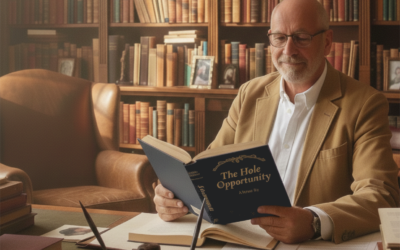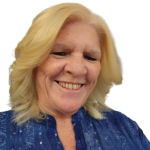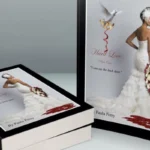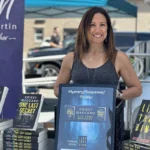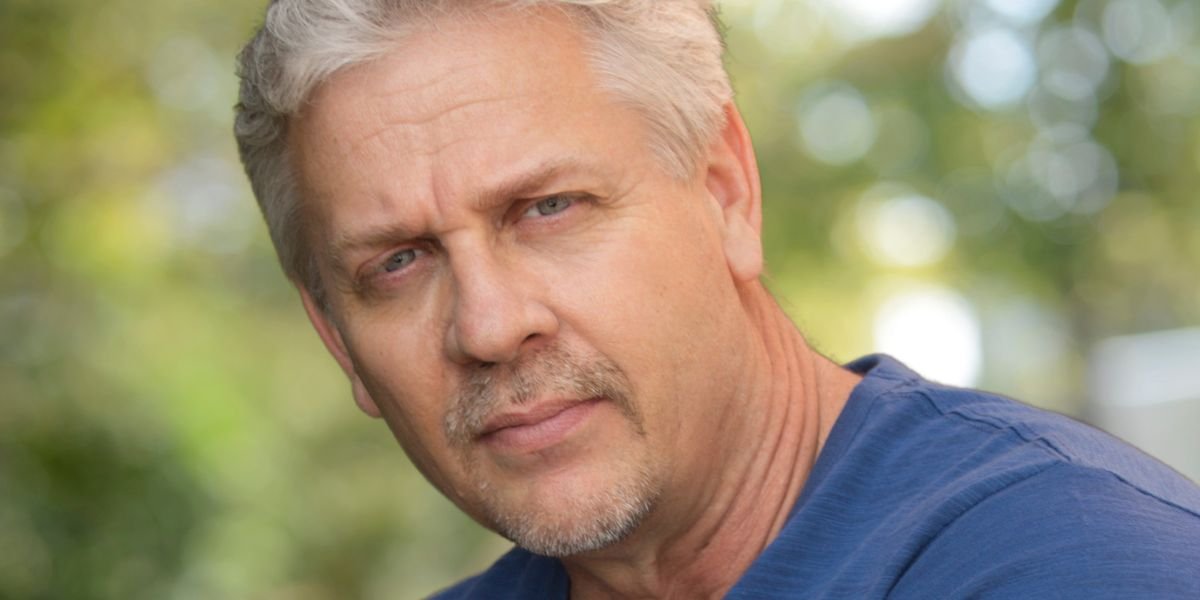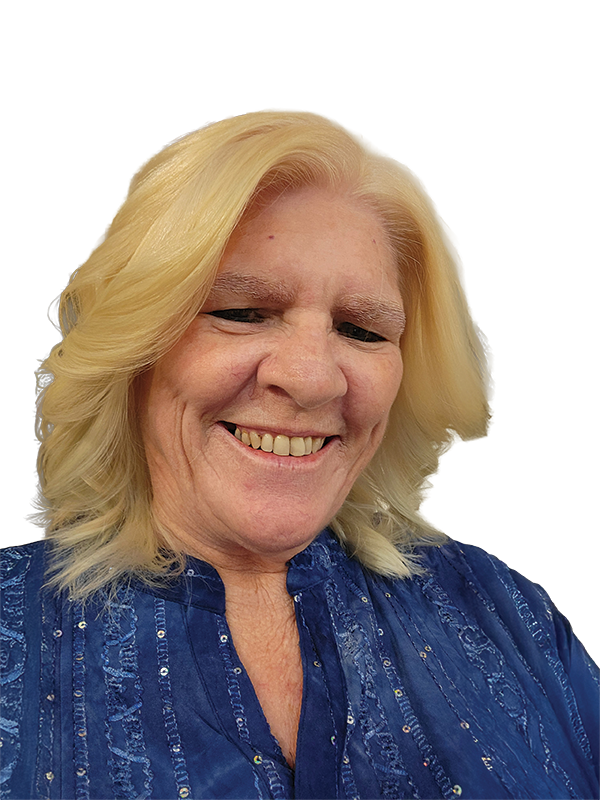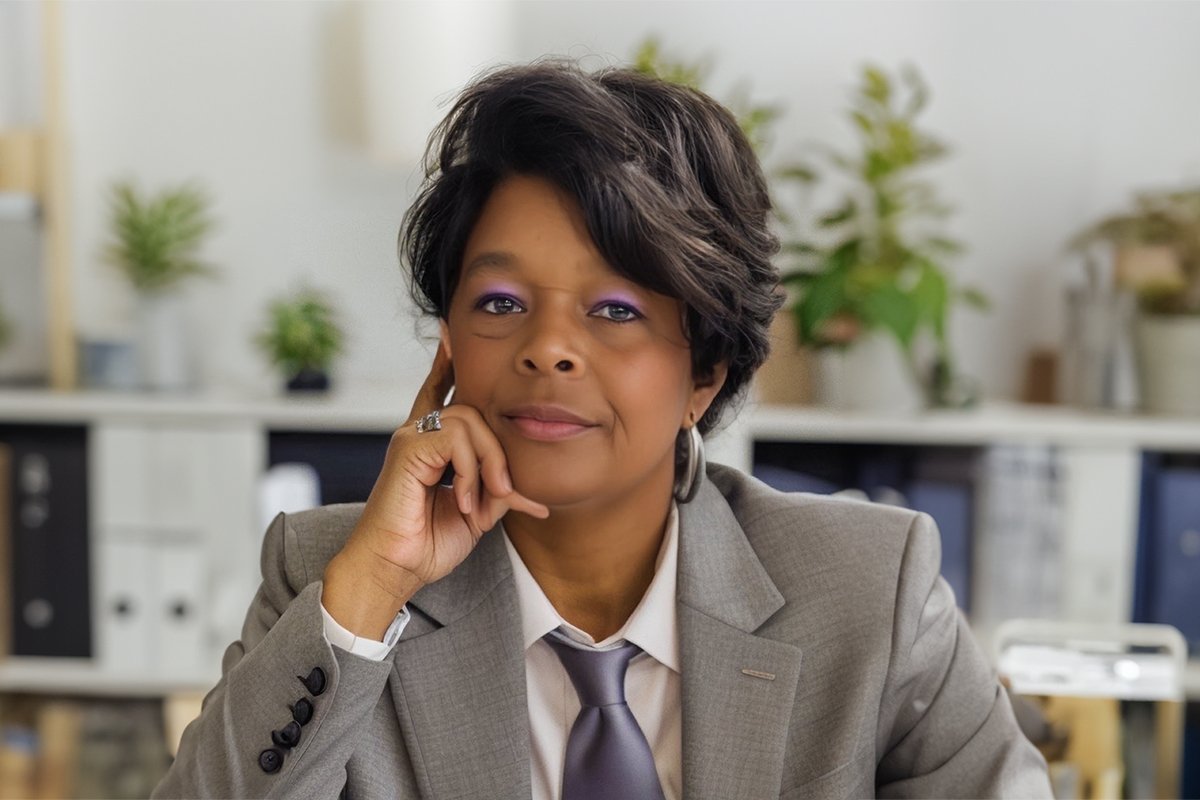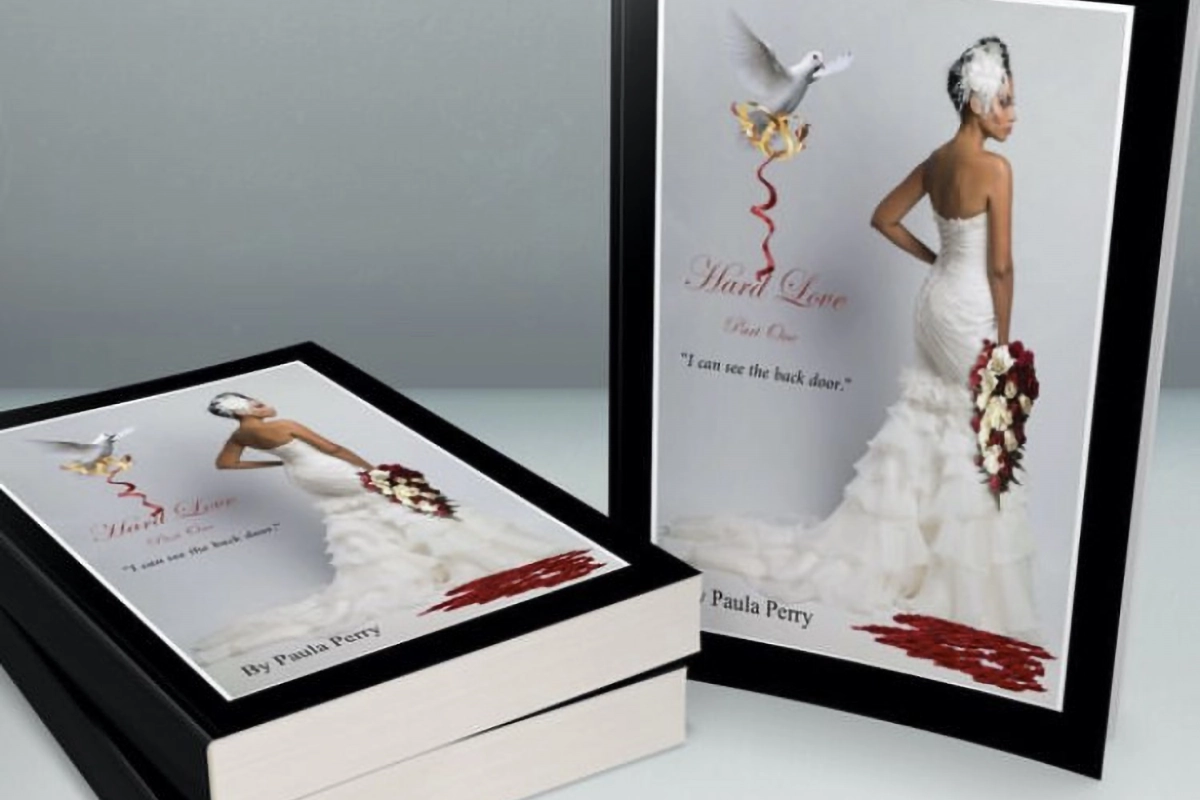Sophia Moseley Explores the Dark Corners of Human Nature Through Compelling Storytelling
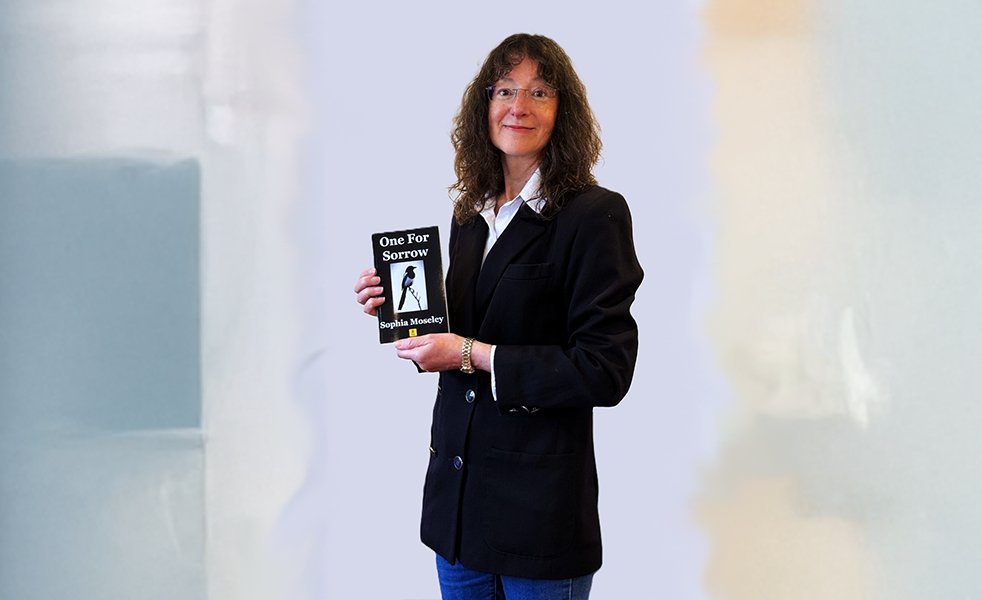
PHOTO: Author Sophia Moseley, celebrated for her captivating storytelling, reflects on the intricacies of human nature and creativity.
A Journey Through Personal Experience, Creative Writing, And The Sinister Side Of Human Behavior
In this interview, Sophia Moseley discusses her transition to writing, explores human behavior, and reflects on her creative processes and influences.
Sophia Moseley captivates readers with her profound exploration of human nature and the intricate dance between light and dark within her stories. As an accomplished author and feature writer, her unique perspective draws from a diverse career in the Arts and a previous life in finance, merging her sharp analytical skills with a rich sense of creativity. Moseley’s ability to weave sinister twists into her narratives, reminiscent of the masterful John Wyndham, keeps her readers on the edge of their seats, urging them to confront difficult truths and reflect on their own experiences.
Her literary journey began at a tender age, sparked by an early foray into imaginative storytelling. Since then, she has penned three fact-based, contemporary fictional short stories and is on the verge of releasing an anthology that promises to resonate deeply with readers. From the haunting realms of her short stories to the engaging workshops she conducts for young writers, Sophia instills a sense of wonder and a quest for understanding in all who encounter her work.
Mosaic Digest is thrilled to feature this enlightening interview with Sophia Moseley, where she shares her insights on the writing process, the influence of her past, and the passion that drives her storytelling. Join us as we delve into the mind of this remarkable author whose words illuminate the complex tapestry of human emotion and behavior.
Your journey into writing began at a young age. Can you share how your early experiences, such as writing your first piece at eight, influenced your passion for storytelling?
I think being born on Halloween has a lot to do with it; the first poem I had published was about a witch. I was bullied at school, I think partly because I wasn’t very good at sports, and it made me quite self-critical and inward looking, and the more I was picked on, the more I shrunk within myself. I would find solace in my imaginary worlds, and disappear into my story books, pretending I was one of the characters. I had a very active imagination, and other than casting spells on the mean girls at school, when I got home, I would often go on long walks, thinking up all kinds of adventures I could have.
“Being born on Halloween has a lot to do with it; the first poem I had published was about a witch.”
– Sophia Moseley
Transitioning from a career in the City to the Arts & Culture industry is a significant shift. What inspired this change, and how has it shaped your writing perspective?
If you believe in destiny and fate, then that was the deciding factor. It was when I started my family that things really changed, and I made the choice of becoming a full-time mother, leaving my well-paid city job. It was without question the right decision, especially when my first son was diagnosed with a significant health problem and ended up having open heart surgery just before his third birthday. I was pregnant with my second son at the time and nearly lost him. It was shortly after giving birth to my second son that we moved near the south coast, away from the towns and cities. But from day one of both their lives, it was books and a love of stories that filled our waking hours, and I was so disappointed in the quality of stories for young children, that I started to write my own, and it was this that reignited my love of writing, and my copywriting business took off. I have often been accused of being an over-thinker; looking at something and disassembling it, viewing it from every angle, and asking questions the average person wouldn’t think about. I started to write a blog for a local theatre, and soon afterwards, was employed to work in the office, and ultimately became manager. When you work in theatre, there is rarely a day goes by without some drama unfolding.
I’m in the process of writing a fictional series called ‘Behind the Scenes’.
Your short stories are noted for their sinister twists and have drawn comparisons to John Wyndham’s style. What draws you to this genre, and how do you craft such compelling narratives?
I have always been interested in the darker side of human behaviour, examining the consequences of people’s actions; good overcoming evil – the baddie getting their comeuppance. I’m also a big believer in destiny and fate, and I will often draw on my own experiences, and of those people I speak to, and link them to what is trending. I also love hearing about people’s lives, I’m very inquisitive, and often ask lots of questions. It used to be a standing joke when my boys were young, and we walked into a room of strangers, I’d start interrogating someone I’d only just met. I now know I should have been an investigative journalist!
In your memoir, “Escaping Bohemia,” you delve into a tumultuous childhood. What prompted you to share this personal journey, and what do you hope readers take away from it?
I’m afraid this is not my book. This is by another author with the same name as me!
Beyond writing, you’ve engaged in activities like running creative writing workshops and author readings. How have these experiences enriched your understanding of storytelling and your connection with audiences?
I love running creative writing workshops. When you tap into a child’s imagination and they break free from the constraints of the school tests and league tables and are allowed to mentally run with anything that drops into their head, it generates an incredible buzz of excitement when they realise just what they can do. It’s a little like word association, as they think of one word, another one pops up, and then another. The poetry workshops are especially fun, and creating a simple rhyming stanza is a great way to engage with younger children and get them enthused about the craft of writing. With my author readings, children like to be encouraged to work things out, especially if it means outsmarting the baddie. I’m working on a story aimed at young adult readers. It’s a new genre for me that I’m very excited about.


